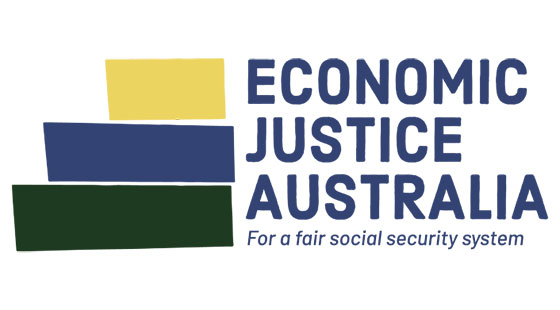Economic Justice Australia’s 2018 report revealed the social security system performs a fundamental function supporting victims of domestic violence and significant improvements have been made to improve the support it provides, but problems remain. Social security is often absent from governments’ domestic violence policy or formal plans, most recently failing to make the agenda of the September 2021 Women’s Safety Summit. This ongoing failure represents a critical policy disconnect between these two intersecting areas of public policy: social security and the domestic violence response.
A key issue identified in our new study relates to domestic violence victims/survivors’ vulnerability to accruing Centrelink debts, including where:
• a claimant is subject to coercion from a violent partner; or
• an abusive partner lies or misleads the claimant about their income leading a victim to accrue an often significant social security debt.
These debts, and the related Services Australia recovery and compliance processes, cause enormous distress for domestic violence victims/survivors, compounding the harms associated with the domestic violence. Services Australia debt recovery and compliance processes can be aggressive – undermining and running counter to the Commonwealth’s commitment to supporting women experiencing domestic violence. This report draws on EJA’s comprehensive review in its 2018 report of the intersection of domestic violence and social security law and policy, as well as the data derived from the new research. This new data includes interviews with caseworkers, and anonymised published case studies from EJA member centres detailing clients’ experiences of negotiating the social security system and appeals to the Administrative Appeals Tribunal.
